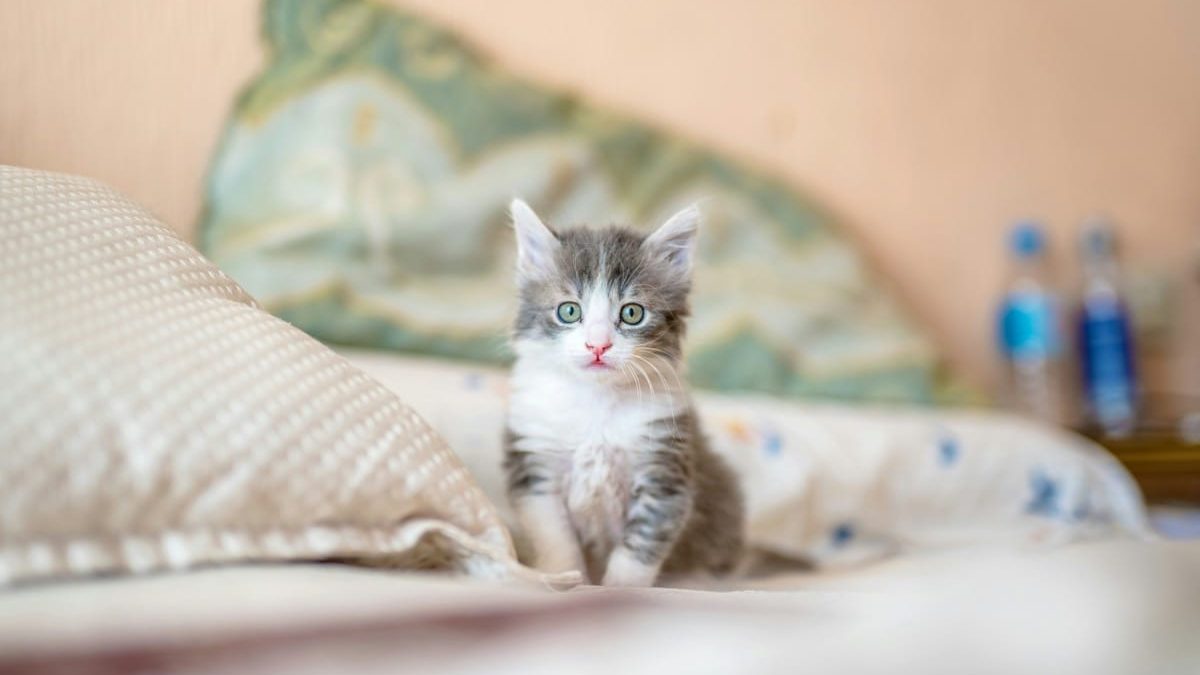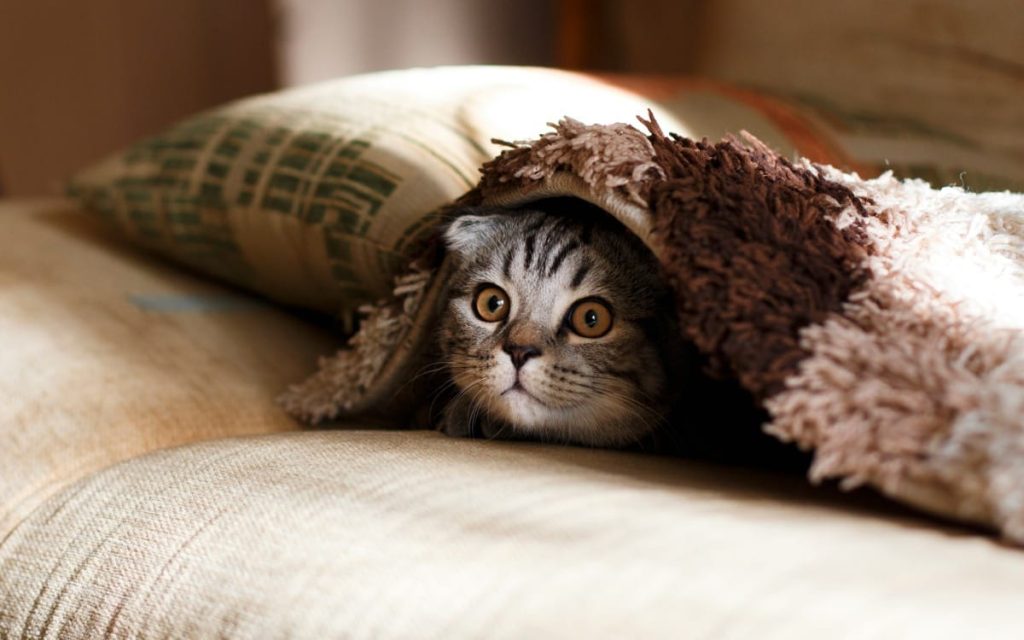
Why Does Your Cat Sleep With Its Tongue Out?
The sight of a peacefully sleeping cat is one of life’s simple joys. But what happens when their slumber takes a comical turn, with their pink tongue dangling playfully out of their mouth? Don’t be alarmed! This surprisingly common quirk is more than just a funny photo op – it’s a window into your cat’s inner world, revealing clues about their comfort, health, and even dreams.
Relaxation Reigns Supreme
The most likely reason behind your cat’s tongue-out slumber is pure, unadulterated relaxation. As your feline friend drifts off to dreamland, their muscles lose their tension, including those in their jaw. This can cause their mouth to open slightly, and voila, their tongue makes a guest appearance. Think of it as a feline version of a sigh of contentment.
Cooling Mechanisms in Action
Cats, unlike humans, don’t sweat to regulate their body temperature. So, on a hot day, they might resort to panting or, you guessed it, sticking out their tongue. This allows for precious moisture to evaporate from their tongue surface, helping them cool down. If you notice your cat sleeping with their tongue out on a warm day, ensure they have access to plenty of fresh water and a cool spot to snooze in.

A Taste of What’s to Come?
While the scientific evidence is still fuzzy, some experts believe that a cat’s tongue poking out during sleep might be related to their sense of smell. Cats have an incredibly acute sense of smell, and some theorize that they might be “tasting” the air for interesting scents, even while lost in the land of dreams. Who knows, maybe your cat is dreaming of chasing juicy tuna or basking in a sunbeam, and their tongue is simply savoring the sensory experience!
Breed Matters (Sometimes)
Certain cat breeds, like Persians and Himalayans, have naturally shorter snouts and flatter faces. This anatomical quirk can make their tongues appear to be perpetually protruding, even when they’re not actively sticking them out. So, if you have one of these adorable brachycephalic breeds, don’t be surprised if their tongue becomes a permanent fixture in their sleeping repertoire.
When to Worry
While a tongue-lolling cat is usually a sign of nothing to worry about, there are a few instances where it could indicate an underlying health issue. If your cat’s tongue appears swollen, discolored, or if they’re having difficulty breathing, it’s best to consult your veterinarian. Additionally, if your cat suddenly starts sleeping with their tongue out after not doing so before, or if they’re accompanied by other symptoms like lethargy or loss of appetite, it’s always best to err on the side of caution and seek professional advice.
Beyond the Tongue: Decoding Cat Sleep Secrets
Observing your cat’s sleep posture can reveal a wealth of information about their emotional state and overall well-being. A curled-up position with tucked paws signifies deep sleep and contentment, while a splayed-out posture with extended limbs indicates a lighter sleep and heightened awareness of their surroundings. And of course, there’s the ever-adorable “bread loaf” position, where your cat folds themselves into a compact cube of feline cuteness.
Embrace the Tongue Twister
So, the next time you catch your cat snoozing with their tongue out, don’t just chuckle and snap a picture. Remember, it’s a testament to their deep relaxation, a clever cooling mechanism, or maybe even a hint of their dreamy pursuits. Embrace this delightful quirk as a special window into the captivating world of your feline companion, and rest assured that their tongue adventure is likely nothing more than a harmless, and undeniably adorable, expression of their feline fabulousness.
Bonus Tip: Want to capture the perfect picture of your tongue-lolling sleeper? Try using natural light and a shallow depth of field to blur the background and make your cat the star of the show. And don’t forget to share your adorable snapshots with the world!



